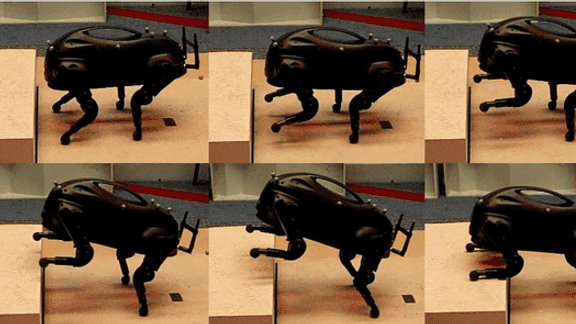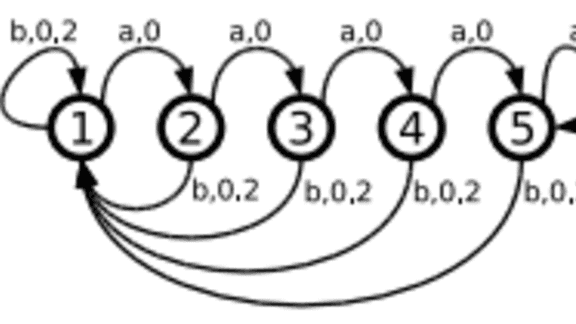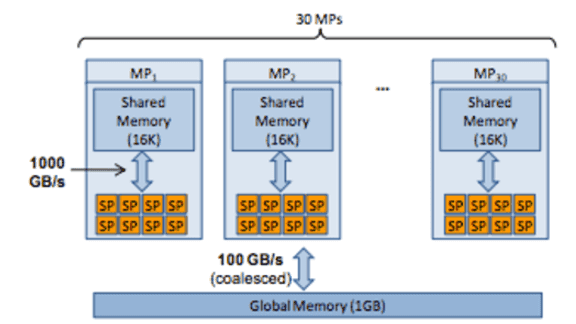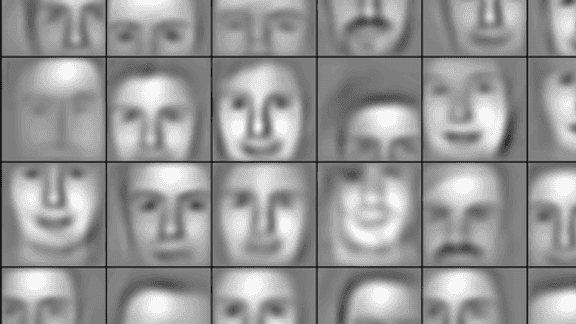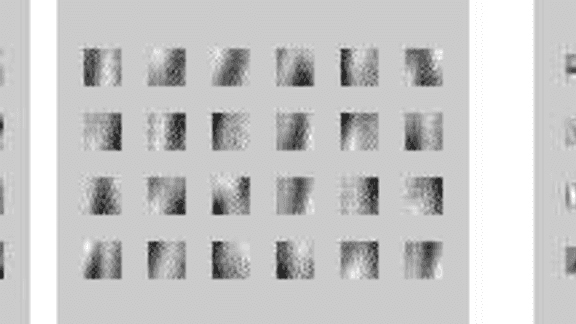Exponential Family Sparse Coding with Application to Self-taught Learning
Sparse coding is an unsupervised learning algorithm for finding concise, slightly higher-level representations of inputs, and has been successfully applied to self-taught learning, where the goal is to use unlabeled data to help on a supervised learning task, even if the unlabeled data cannot be associated with the labels of the supervised task [Raina et […]


